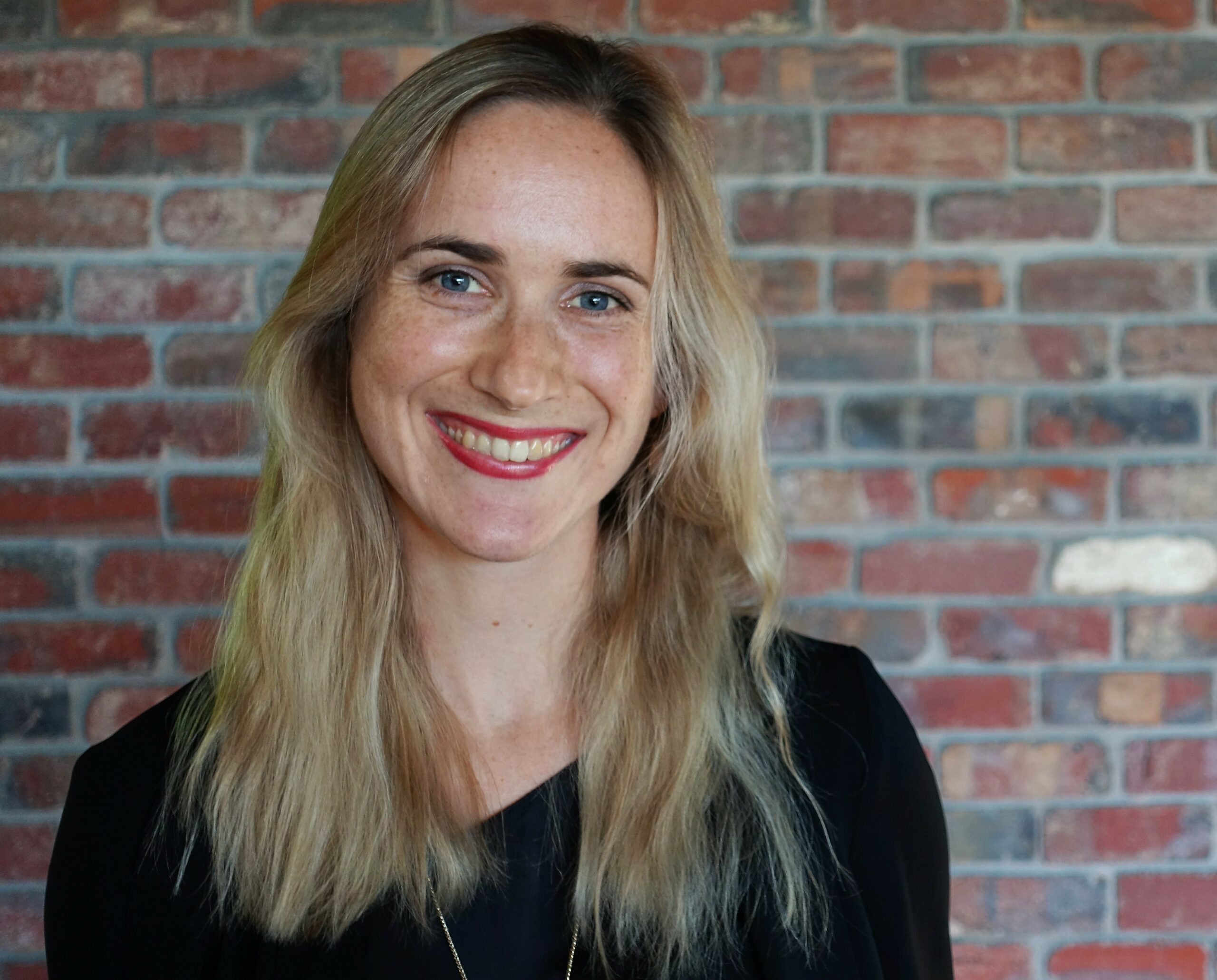Foodshed: a place-based approach to transforming food systems
Food system transformation agendas require guiding frameworks that are specific to different contexts.
We propose the foodshed concept as a valuable perspective to guide targeted transformative action, by bringing attention to the relationship between production and consumption, and emphasising the role of location-specific factors on food system dynamics.
Benefits of our research

We define a foodshed as “the socio-geographic space between a particular population centre (e.g., regional community, city, rural town) and the production areas from which it sources its food” (Godde et al. nd).
This definition recognises the interconnections between production and consumption and the multiple layers relevant to specific locations. The foodshed concept can guide a holistic approach to help inform and coordinate actions across policy and practice that relate to food production, distribution, consumption, and the broader food system.
By revealing interactions in food systems beyond current market and logistics, the foodshed concept has the potential to be used in
- a diagnostic way, to help identify new research and policy questions to be addressed,
- a foresighting and planning way, to support the testing of policies and other interventions, and
- in an evaluative way, to inform the establishment of baselines and help track the effectiveness of policies and interventions in directing the system’s evolution towards desirable objectives.
Our approach
The foodshed framework is being tested in diverse contexts, with insights feeding into its development.
- Case-study 1: Identification of opportunities to strengthen the resilience of the Lockyer-Valley Brisbane foodshed, through stakeholder interviews.
- Case-study 2: Exploring social networks and stakeholders concerns in the Lockyer-Valley Brisbane foodshed through natural language processing and social media data.
The Foodshed project was funded by CSIRO.
Want to learn more?

Contact Dr Cécile Godde to learn more about this research.
